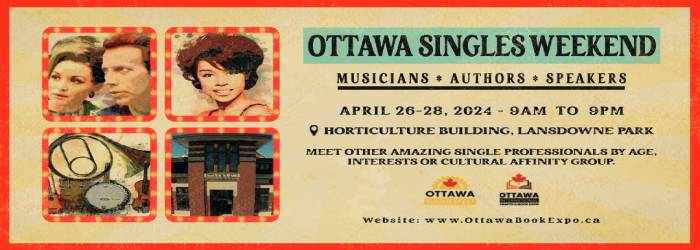Indigenous tourism in Alberta sees opportunity in wellness, survivalist sectors
Indigenous Tourism Alberta says the pandemic has created inroads for more wellness and survivalist experiences within their sector.
With little travel opportunities, and the pandemic bearing down on everyday life, Canadians have been exploring their backyards.
Indigenous-lead companies, that have been around for years, say they are seeing more interest from domestic tourists who want to connect with nature and equip themselves with survivalist skills — to pull through an uncertain time.
Shae Bird, ITA director, said according to the data they have available, one-in-four domestic tourists are looking for an Indigenous experience.
He added while the pandemic has been difficult for many in the tourism sector, there has been a silver lining for some.
"Right now there's an increased appetite for that cultural understanding and that educational connection to the land getting outdoors and just having that mental reset or perspective gaining type experience," Bird said.
Post-COVID, he believes locals will have a better understanding of Indigenous tourism and what it has to offer — it may help raise the profile of these sorts of activities and make way for a more diverse experience in Alberta.
"I think people are really starting to identify their values and how they want to spend their money and their time on things," Bird said. "Obviously, a lot of us have either been semi-isolated or isolated throughout this past year [due to] COVID to a varying degree. And people are striving for that human connection in alignment with their connection to the land and their connection to the survival side of things as well."
Local interest catches company off guard
Tracey Klettl said she thought their Indigenous tourism company, Painted Warrior, would have a quiet year. But, then locals from Calgary, Edmonton, and Sundre began to call and ask for tours.
Klettl and Tim Mearns have been operating for eight years; she said this is one of the first they have concentrated on domestic tourism.
"Actually, we were really surprised this year, I think it kind of caught us off guard a bit," Klettl said. "We really are seeing a lot of people almost kind of waking up and understanding that we need to keep this relationship with the land. It's these skills, you know, when something like this hits, even though, you know, people still have power and everything, I think it really brought home to them."
Klettl added that the domestic market could help better sustain business during shoulder season, and the winter when fewer travellers come to Alberta from outside of the country.
Families connect with the land
Mearns said it was really encouraging to see families come and noted there were a number of new Canadians on tours as well.
"When they come out and they try it a lot of time, they find these hidden gifts they have," Mearns said. "That's what really makes you feel good inside."
Their ranch offers a variety of activities, including archery and hunting through an Indigenous lens.
Klettl said their programs are grounded in connection — connecting cultures, and helping visitors learn about a different way of life and Indigenous culture.





